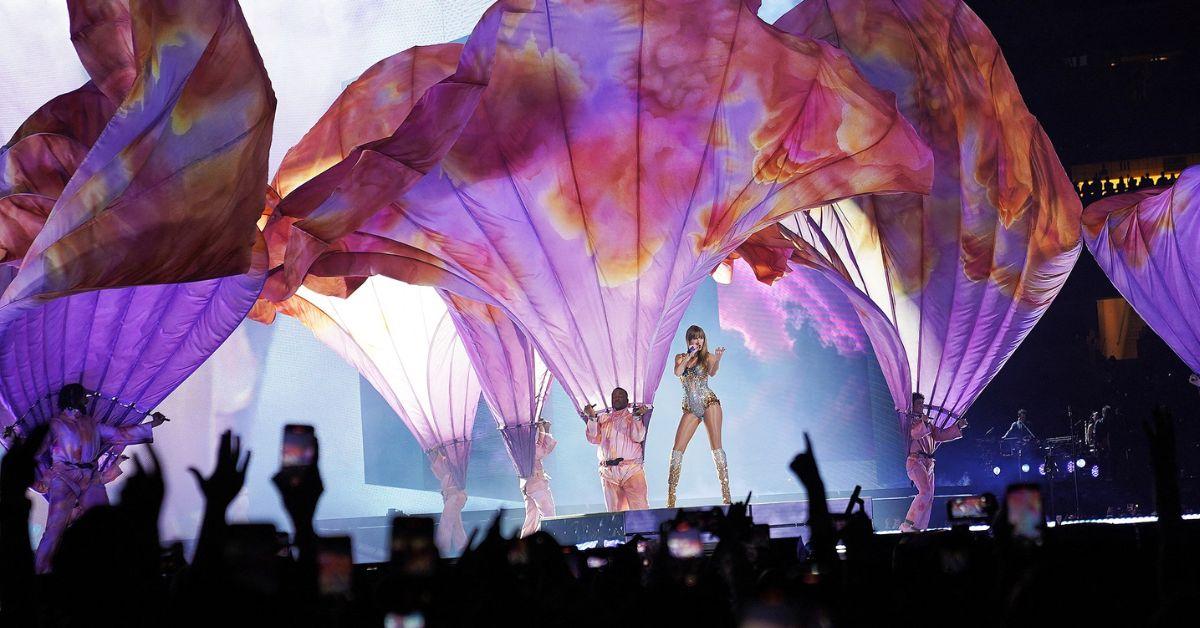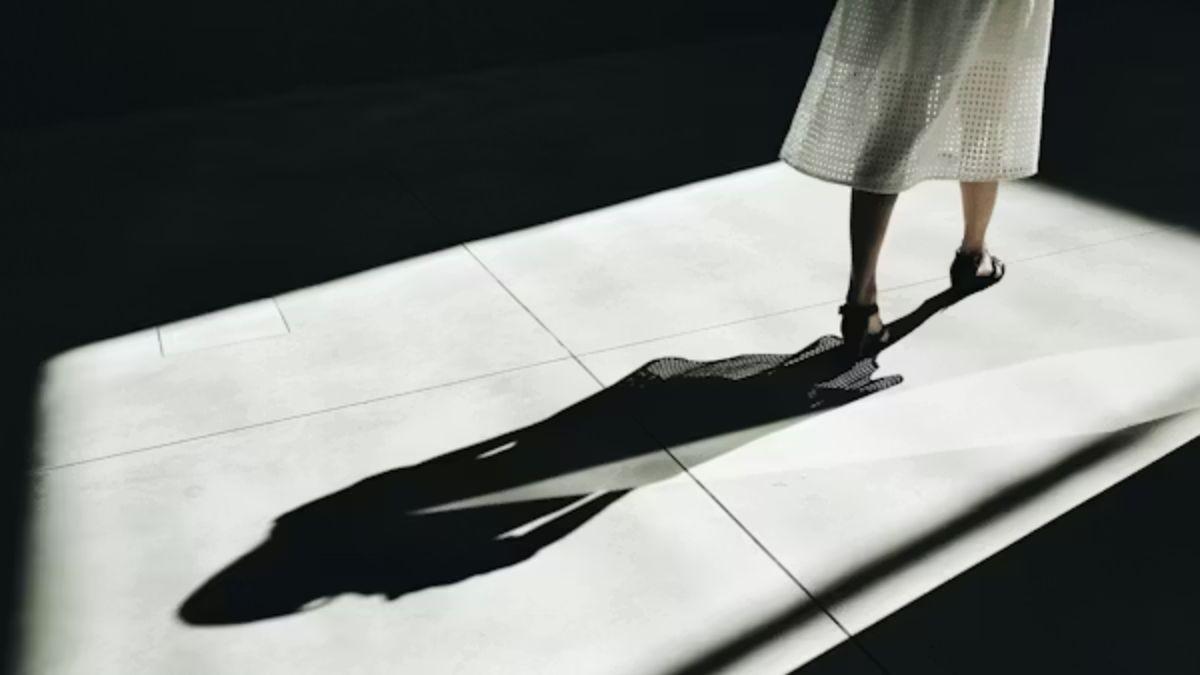Taylor Swift Fans Appear to Suffer From Rare Cases Of 'Post-Concert Amnesia' Due to Extreme Positive Emotions

May 30 2023, Published 7:30 p.m. ET
Some Taylor Swift fans were left with a strange Blank Space in their minds after finally going to a concert for the singer's highly anticipated Eras Tour.
More and more Swifties are coming forward claiming to be suffering from a bout of amnesia that left them unable to remember key, highly recognizable moments from the show they attended.

25-year-old Jenna Tocatilan claimed in an interview with Time magazine that she believes "post-concert amnesia" is a genuine occurrence after she found herself unsure of major events that happened during the show, including Swift's performance of a "surprise" song.
"If I didn’t have the five-minute video that my friend kindly took of me jamming to it, I probably would have told everyone that it didn’t happen," Tocatilan spilled to the outlet.
Nicole Booz, a 32-year-old who saw Tay hit the stage on Sunday, May 14, in Philadelphia, described the concert as "an out-of-body experience" that felt like "it didn't really happen" to her.

However, according to medical experts in the fields of psychology and neuroscience, there just might be something to this phenomena.
"If you're at a concert of someone you love, surrounded by thousands of very excited other people, listening to music you've got established emotional links to, that's going to be a lot of emotion happening to you at one time," Dr. Dean Burnett of Cardiff University explained of the unique occurrence per Daily Mail.
Never miss a story — sign up for the RadarOnline.com newsletter to get your daily dose of dope. Daily. Breaking. Celebrity news. All free.
"As well as being exhausting for the brain, it's going to mean all the things you experience will have a high emotional quality, which means nothing 'stands out,'" he continued. "And that's important if you want to retrieve a memory later."

Dr. Ewan McNay, who is an associate professor of psychology at a university in Albany, New York, backed up the concept as well, clarifying that everyone's brains will have different reactions to extreme positive emotions in a similar way to how different people react to highly stressful situations.
"People could try to jump up and down and scream a little less, to control the excitement," McNay advised.

Powered by RedCircle



